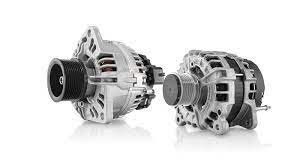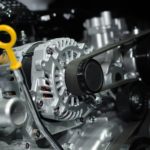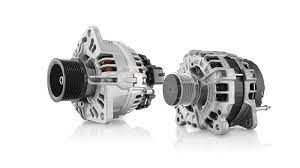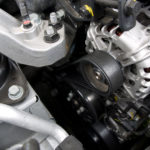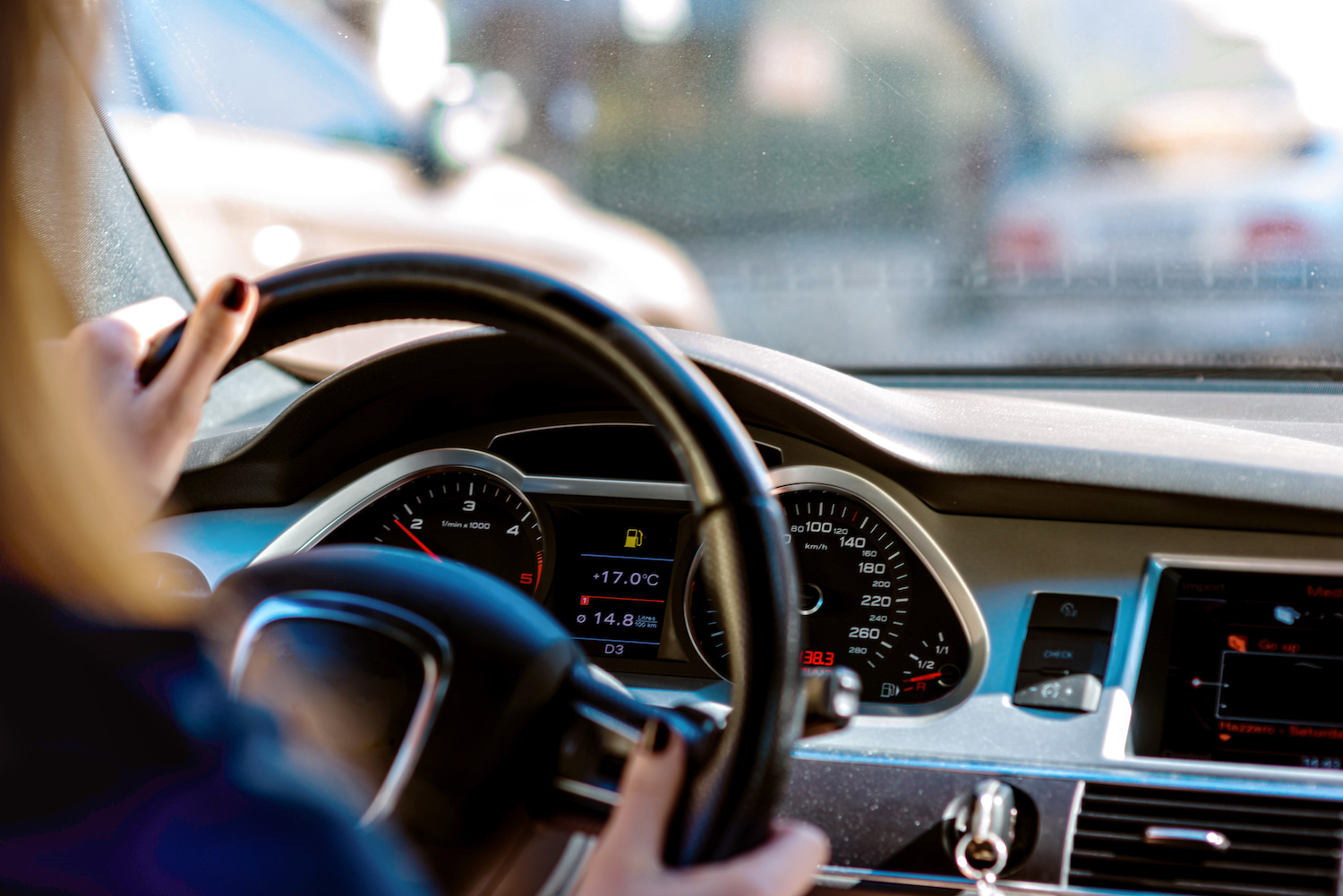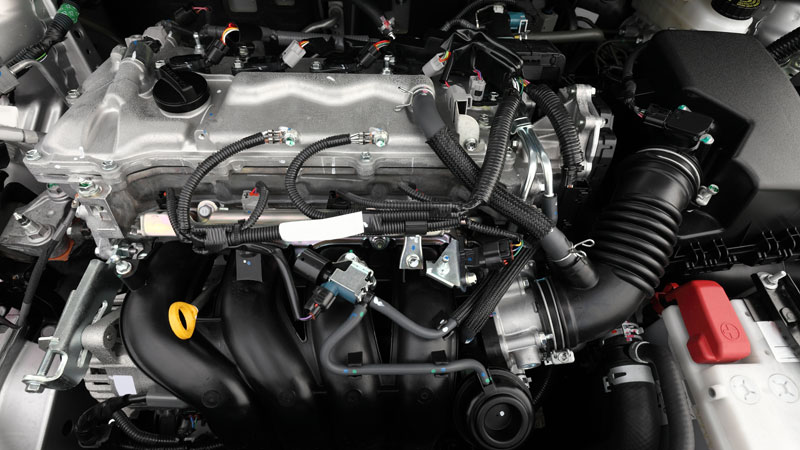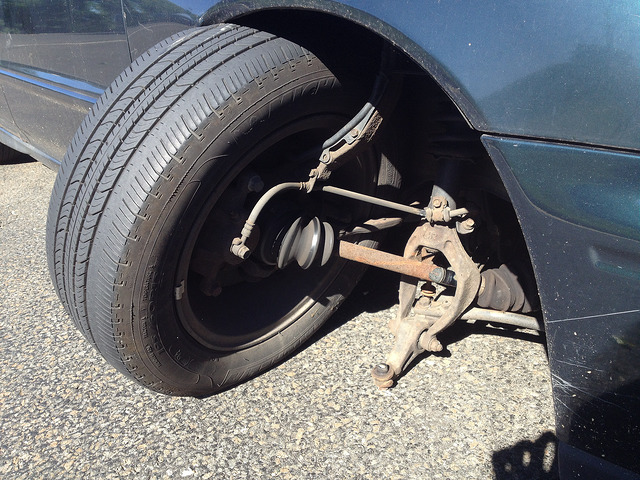How Much Is a Car Alternator? Our article today will focus on the cost of an alternator, car alternator replacement cost and many important information you need to know about an alternator. An alternator plays a vital role in your car’s electrical system, converting mechanical energy into electrical energy. Your car’s battery powers the starter motor and provides electricity to other systems such as lights and windows. The alternator is responsible for recharging the battery, which it does by converting mechanical energy from the engine into electricity. It also supplies power to electronic devices while the engine is running.
How to Know If Your Alternator Needs Replacing
The most common symptoms that suggest your alternator needs to be replaced are:
- The engine won’t start
- The car won’t turn on
- You hear a whining noise from the engine
- All dashboard lights are out, or they flicker on and off while driving
- Your car runs fine but won’t stay running (e.g., the engine stalls when you stop)
- Your car isn’t charging properly
Car Alternator Replacement Cost
Mechanics charge between $159 and $425 to replace an alternator. Other factors in your car’s make and model can also affect the price of an alternator replacement.
What Factors Affect the Price of a Car Alternator?
Generally, cars with more features cost more to repair. Luxury vehicles cost more to fix than basic cars. If you have a hybrid vehicle, expect higher labor rates for this job, because hybrids need special tools for replacing their batteries. Expect labor rates of about $100 (or more) per hour for both parts and labor when you take your vehicle into a dealer service department for any repairs or maintenance.
AutoZone Alternator Replacement Service
AutoZone offers replacement services for alternators at over 5,000 locations across the country. If you’re looking for an auto parts store near you, use AutoZone’s Store Locator to search by your zip code or city and state. Once you find the closest location, simply pull into a parking space and go inside. An employee will walk you through the process of replacing your alternator.
Another benefit of having your alternator replaced at AutoZone is that you can take advantage of its free battery charging and engine diagnostic testing services. It also offers a nationwide 3-year warranty on all its parts and services, including an extended warranty option
An alternator replacement costs between $159 and $425, depending on the type of vehicle you drive.
The price of a replacement alternator is around $159 to $425, depending on the type of vehicle you drive. An alternator replacement usually costs between $150 and $375, with labor costs typically ranging from $50 to $200. Parts tend to cost between $120 and $300, but the exact price will depend upon a number of factors like the make and model of your car.
If you need an alternator that’s been rebuilt or remanufactured (this means it has been cleaned up, tested and repaired), expect to pay around 10 percent to 30 percent more than a new alternator. A rebuilt or remanufactured unit from your local mechanic or auto parts store may cost as little as half of what it would cost if purchased at a dealership. These units are still brand-new but have slight cosmetic flaws that may not affect their performance in any way.
New with pulley: Expect to pay 5 percent more for an alternator with a pulley included than if you bought just the part itself (around 10% total). If necessary, installation services should be available for an extra fee (usually less than an hour’s worth of labor), but this depends on where you get the part!
With voltage regulator: Expect to pay around 3% less for an alternator without a voltage regulator included than if you bought one with both parts combined (which usually costs about 2% more). Again, it’s up to where you go whether installation services come free or not; some places may offer them at no additional cost while others charge extra for such things as labor time spent installing components sold separately from motors themselves…but then again there have been occasions when shipping companies have thrown in free shipping anyway even though they’re supposed to charge extra for that service; so who knows?
Symptoms Of a Failing Alternator
If the alternator is starting to fail, you may notice one or more of the following symptoms:
- The battery light is on. This warning symbol on your dashboard will come on when there are issues with the alternator. It’s connected to the battery and it can often detect when there’s a reduced output from the alternator or an issue with its charge cycle.
- The headlights are dimming. At night and in low-light conditions, it’s common for bad alternators to cause your headlights to appear dimmer than usual, because they’re not receiving full power from the battery. In rare cases, they may even flicker or go out entirely while driving. If this happens while you’re driving at high speeds (especially if your headlights are set to high beam), turn them off as soon as possible; it could be dangerous for yourself and other drivers on the road if you don’t reduce visibility immediately.
- The car won’t start. An engine that won’t start could have many causes, such as a dying battery or no fuel in your gas tank (we’ve all been there), but another possibility is that there’s something wrong with the alternator system. If other electrical systems (such as windshield wipers) also aren’t working properly, then an internal problem like this could be causing this symptom.
Car won’t start
One of the most common symptoms of a faulty alternator is when your vehicle won’t start at all. Your car might crank up and turn over, but it will only run for a short time and then shut off. As if that isn’t bad enough, you may also hear a clicking sound when you try to start your car. This is usually caused by the voltage not being high enough and thus not being able to reach the starter relay.
You may also notice that certain electrical components aren’t working properly anymore, such as your windshield wipers or the dashboard lights in your car. If those things still work but you’re having trouble with other components such as your radio or headlights, there’s something wrong with the connection between the alternator and battery; in this case you need to replace both parts at once because their connection is damaged. Your car won’t start even with a jump if it has an old battery or one that’s been drained completely due to use before charging back up again so don’t expect that trick alone will help!
Battery light comes on
Alternators are an essential component of any car, providing power to the battery and charging it when the engine is turned on. When an alternator is damaged, your car will not have as much power available as it normally does. Most cars are equipped with an indicator light for the alternator system that can help you know if there is a problem. If you see the warning light come on, stop driving your vehicle and try to get it fixed immediately, or else risk severe damage to the engine from running on low power.
Dim headlights
- You are driving at night and your headlights dim
- It seems like the lights don’t get as bright as they once did, which may be a sign of a bad alternator.
- The problem may also be related to the car battery, so make sure you check that first.
- If you can’t find an obvious problem with the battery, then it is time to start testing the alternator and voltage regulator.
Car’s electrical systems aren’t working properly
- Make sure the battery is charged and is not corroded.
- Check the alternator and the alternator belt for damage, tightness, and corrosion.
- Check the electrical system for any shorts or wiring problems.
- Check the fuse box and fuses for damage or signs of a blown fuse.
- Check the battery terminals and cables for corrosion, looseness, or wear.
Smell of burning rubber or wires
If you smell burning rubber or wires, check your alternator for problems. Sometimes the alternator belt will be frayed, or there will be visible damage to other belts in the engine compartment. If you see this, it’s important to check all of your engine pulleys and belts for damage. Many people don’t realize that a damaged belt can ruin their alternator over time. If you see any obvious signs of damage, have your car checked out right away.
Grinding sounds from belt or engine pulley
A slipping belt can cause the belt or engine pulley to spin out of control, which may cause a grinding sound. In addition, a failing alternator or other electrical system problems may also result in such a noise.
If your car has a belt tensioner, it moves the alternator away from the engine pulley when extra force is applied to the belt. However, if it’s not working properly, this process can create noises that could be attributed to an alternator failure.*
- This article should not be interpreted as professional advice about diagnosing or fixing any kind of car problem. Please consult your mechanic for issues with your vehicle.
Check the battery and the charging system to make sure your car’s electrical system is good.
- To make sure the battery is good, first you should charge it and check if the specific gravity of each cell is at least 1.265 using a hydrometer. If there’s no water inside the cells, refill them with distilled water and charge again. The next thing to do is to make sure that all of your battery terminals are clean. This can be done by cleaning it with baking soda and water to remove any corrosion on them.
- Check your alternator belt for any wear or tear, as well as make sure that it’s tight enough so there’s no slipping. Next, test your voltage regulator by using a multimeter to check if its output terminal has at least .5 volts more than your battery terminal while the engine is running at 2,000 rpm. It should also show 14 volts or higher depending on its temperature when at idle speed in park or neutral with all accessories off after you take a load reading on the alternator — between 100-1,000 RPM (revolutions per minute).

